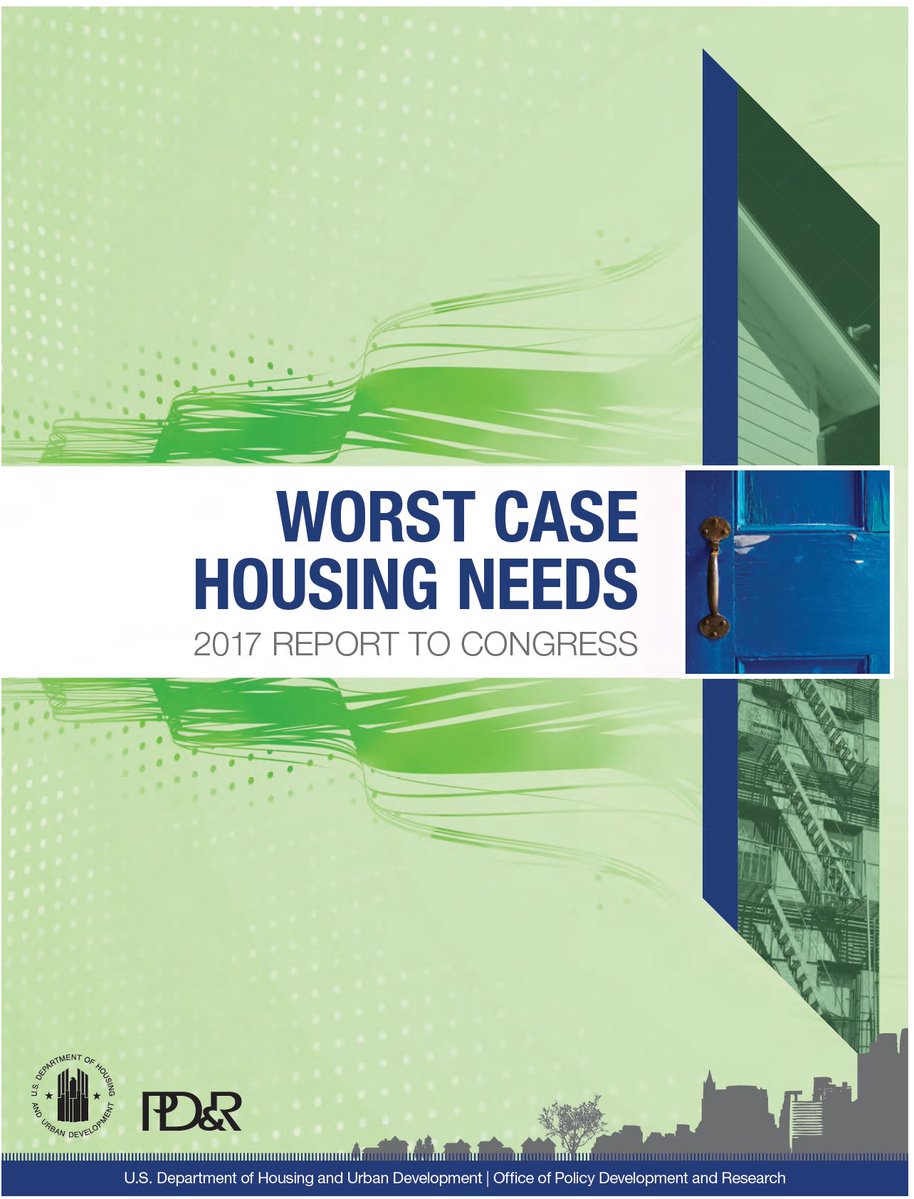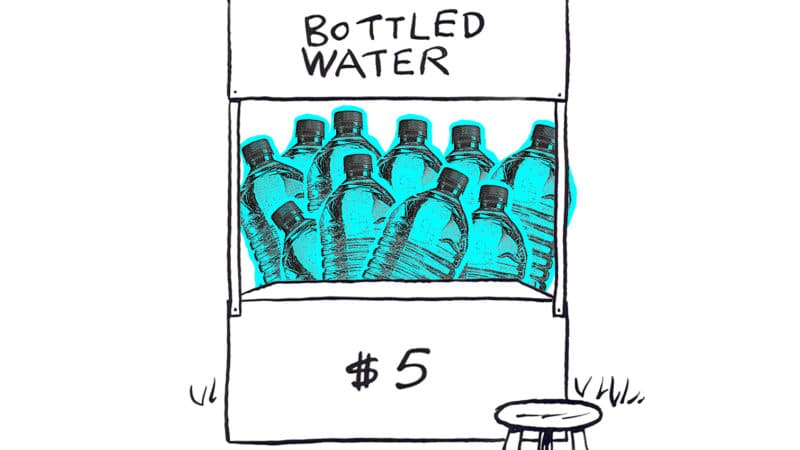Written by Adam Sennott
The number of “very poor” families struggling to pay rent without the help of government subsidies increased between 2013 and 2015, the Department of Housing and Urban Development said.
About 8.3 million unsubsidized families spent more than half their income on rent, lived in “severely substandard housing,” or in some cases both in 2015, according to HUD’s Worst Case Housing Needs report. It was a slight increase over the 7.72 million families living in such conditions in 2013, and the second highest number on record, HUD said in a statement.
The cities with the largest populations of such families include New York with 815 thousands worst case households, Los Angeles with 567 thousand, and Chicago with 242 thousand, HUD said. The number of families living in such conditions has increased 66-percent since 2001, with “historic increases” between 2007 and 2011.
The report included families with children, senior citizens, and persons with disabilities, HUD said. The number of worst case needs households also increased among all racial and ethnic groups.
“The prevalence of worst case needs during 2015 was 47 percent for Hispanic renters, 45 percent for non-Hispanic White renters, 37 percent for non-Hispanic Black renters, and 41 percent for others,” HUD said.
One reason there were so many “worst case” households, HUD said, was because income isn’t keeping pace with rental costs.
“For the poorest renters, however, growth in rental costs outpaced income gains,” HUD said.
HUD Secretary Ben Carson said in a statement that it was time to take a more “holistic look” at how government can work with the private market to “ease the pressure being felt by too many un-assisted renters.
“Today’s affordable rental housing crisis requires that we take a more business-like approach on how the public sector can reduce the regulatory barriers so the private markets can produce more housing for more families,” Carson said.
According to HUD, the Trump Administration is working to stimulate and preserve the construction of affordable housing.
“By pursuing housing finance reform, the Administration seeks to unwind the Federal government’s role in the private mortgage market and ease the stress on rental markets,” HUD said.
Diane Yentel, President and CEO of the National Low Income Housing Coalition, said in a statement that report shows that “we are experiencing an affordable housing crisis of unprecedented proportions.”
Yentel said that currently only one out of every four American households that qualify for Federal housing assistance receives it due to lack of necessary funding. She also noted that the Trump Administration has proposed cuts to HUD’s budget.
“The HUD budgets proposed by the Trump Administration for fiscal year 2018 would slash housing assistance and increase the number of families with worst case housing needs,” Yentel said. “The National Low Income Housing Coalition (NLIHC) calls on Congress to increase, not cut, funding for rental housing assistance and for other programs designed to serve the lowest income households like the national Housing Trust Fund.”
Yentel said that the National Low Income Housing Coalition’s United for Homes campaign aims to rebalance federal housing policy to help those most in need.
“With modest reforms to the mortgage interest deduction, a $70 billion per-year tax expenditure that mostly benefits higher income homeowners, we could help 25 million low and moderate income homeowners and generate $241 billion in savings over ten years to invest in affordable rental housing solutions for those with the lowest incomes,” Yentel said.
“We can solve the affordable housing crisis in America with no additional cost the federal government. We just need the political will to do so,” Yentel said.
HUD report details increase in "worst case housing needs."



